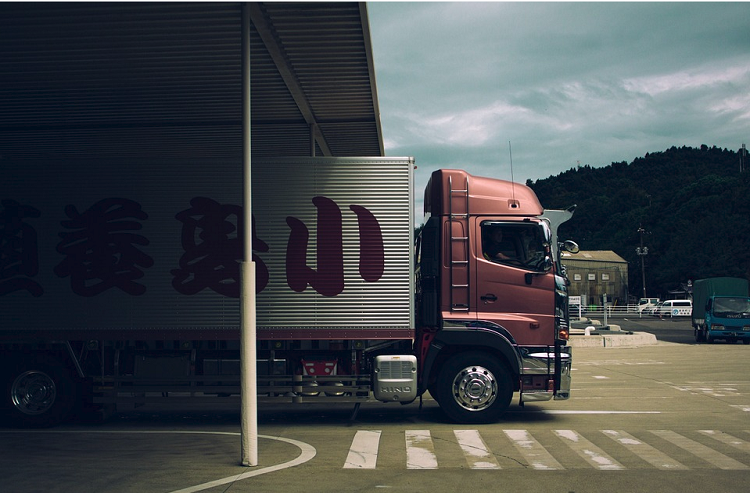Roads blocked, a lack of lorry drivers, empty supermarket shelves and ports congested – concerns are being raised about global supply chain issues and how this is going to affect economic recovery. But what has caused the crisis to reach peak levels in the UK?
Here, Senior Lecturer and expert in Supply Chain Management, Dr Virginia Spiegler offers up her opinions…
“One of the major challenges in supply chain management is achieving the optimal balance between supply and demand. Avoiding both overstocking and understocking has been a subject of extensive research and a number of techniques are used by organisations to minimise both excessive holding inventory costs and lost sales opportunities. Among these techniques is just-in-time (JIT), in which order sizes and replenishment frequencies are determined in order to deliver products just when organisations need them.
“However, the problem with JIT operations is that they rely on seamless supply and predictable and stable customer demand. Recent turbulent events, such as Brexit, the pandemic, rise in natural gas prices and shortages of energy, HGV drivers, labour and CO2 all contributed to visible disruptions in supply and suddenly supply chain management became a major national concern. People experienced shortages of milkshake at McDonald’s, chicken at Nandos and KFC, mattresses at Ikea, beer at Wetherspoons. Concerns over empty shelves in supermarkets and petrol stations running low on fuel then sparked panic buying de-stabilising operations even further and intensifying the ripple effect up and down the supply chain.
“Now, a number of news articles and debate in social media are trying to find out which of the turbulent events was the root cause for the UK’s supply chain crisis. The answer is not simple. Although all the recent events were commonly experienced by all European countries, only the UK seems to be experiencing significant shortages of groceries and fuel downstream at the retailer. So, the answer probably lies in how the UK prepared for and is dealing with these events.”
Dr Virginia Spiegler is a Senior Lecturer in Logistics and Supply Chain Management at Kent Business School. Virginia has worked in the areas of material and production planning and traceability in the automotive and aircraft industries. More recently, her research work has been conducted in the food and drink industry.

